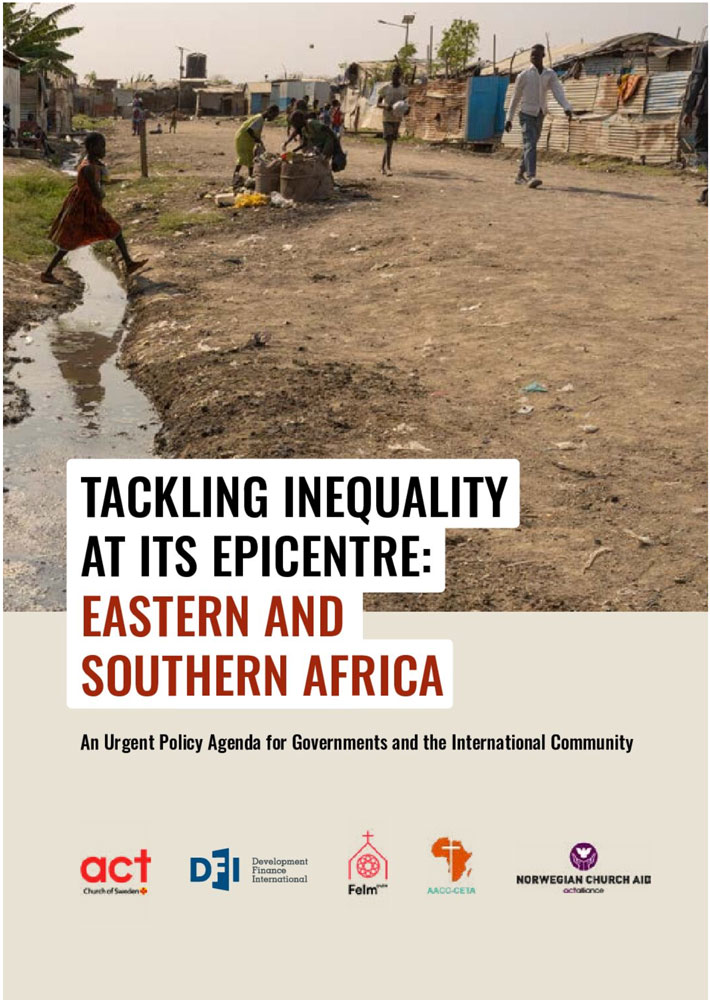
Eastern and Southern Africa is a global epicentre of extreme inequality, with two-thirds of its countries classified by the World Bank as having very high inequality. Income inequality has
been worsening, to the point where the top 10% receive more than half of income, and the bottom half only 5%. Wealth inequality is even more extreme, with the top 1% having half of all wealth, and the poorest 50% having negative wealth (owing more than their assets). Extreme inequality is increasing poverty and hunger, corroding politics, destroying citizen trust in governments and sparking political unrest, fuelling division, and slowing growth.
The report uses the DFI/Oxfam Commitment to Reducing Inequality Index recent findings to show that since 2022, 80% of governments have cut spending on key anti-inequality social programmes; 50% have made their tax systems less progressive; and 90% have failed to apply minimum labour rights (especially for women) or allowed minimum wages to fall way behind inflation. The report also delivers a stark warning: a harsh global economic climate, marked by mounting debt, austerity pressures, and foreign aid cuts, is making it harder for governments to address inequality. This is choking the ability of governments in both regions to respond with stronger anti-inequality policies.